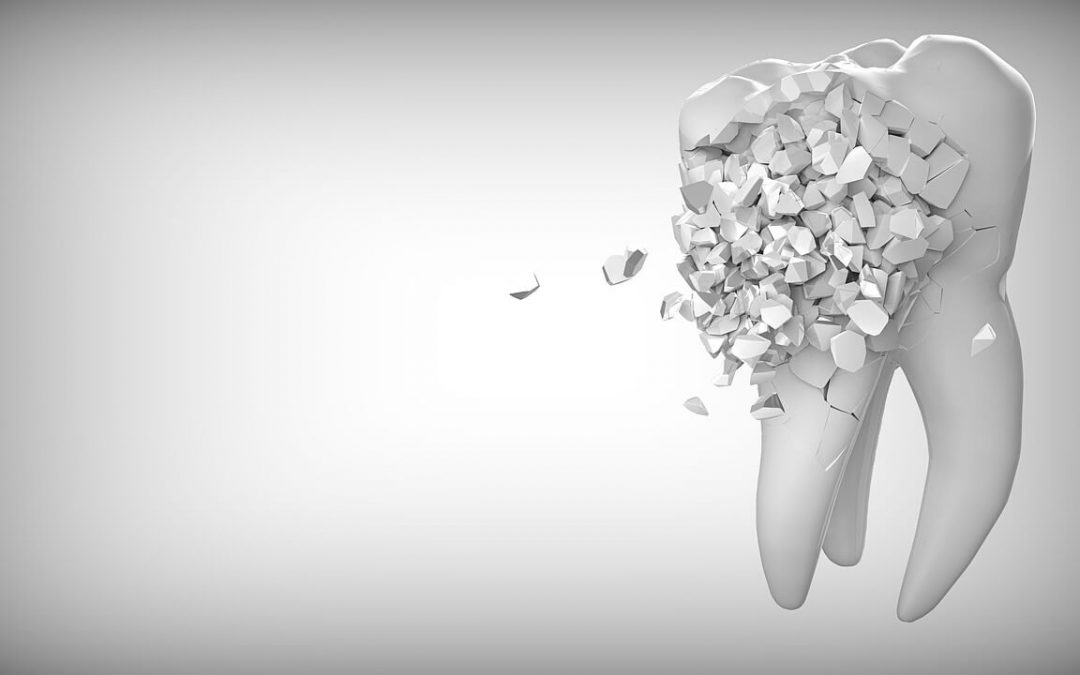If you are familiar with dental implants, chances are you probably have heard about bone grafting. If you would like to learn more about this procedure, this guide will help you out. Bone grafting and dental implants go hand in hand in dentistry. Even though bone graft is not applicable for all patients, it is proven to be highly useful and beneficial for those who have obtained this procedure. Here are some common questions about bone grafting answered by an expert dentist in Epping for you:
What is Bone Grafting?
Bone grafting refers to the transplantation of jaw bone tissue, and is meant to repair or grow bone. For patients seeking dental implants treatment, sufficient bone density is required. Once bone grafting is done, you will have enough bone density to retain your face structure and support dental implants.
When is Bone Grafting Required?
If the dentist in Epping identifies that a patient doesn’t have enough bone density to support dental implants, bone grafting is recommended to them. Depletion in bone density is caused due to different factors such as space caused by missing teeth, gum disease, face injury or trauma, and more.
How Does Tooth Loss Reduce Bone Density?
When you have missing tooth, it immediately impacts what is known as the alveolar bone. Alveolar bone is responsible for supporting your teeth. If there is no tooth present, the alveolar bone begins to atrophy. Loss of alveolar bone is also the reason why your jaw bone density gets depleted. By developing adequate bone density with the help of bone grafting, you can create a strong foundation to support dental implants.
Does Bone Grafting Cause Pain?
You should do just fine with bone grafting. You will be given sedatives before beginning the process, plus you won’t experience pain while the graft is healing. As soon as the bone graft is ready, the Epping dental specialist will go ahead with dental implants. Remember, bone grafting is only a preliminary step of your dental implants treatment.
What to Expect After Bone Grafting is Done?
When bone grafting is completed, you will be provided antibiotics. If you experience mild discomfort, pain medication will also be offered. In most cases, however you wouldn’t experience pain. Before proceeding with the dental implants, you will have to wait for the bone graft to fuse with your natural bones. This won’t happen overnight. It usually takes a few weeks for the bone graft to completely heal, and the healing period apparently varies from patient to patient. Regular check-ups will be required to know when you can place dental implants.
Bone grafting is safe and effective, and contributes to the success of your dental implants treatment. Visit a leading Epping dental centre to know if bone graft is necessary for you before going ahead with the dental implants procedure.






